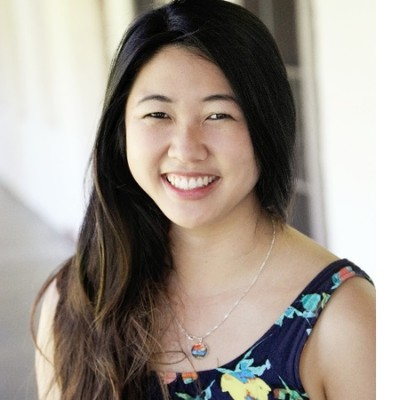Different Paths Taken to Product Management
There are many positions one can start off in and end up as a product manager. You could start off as a software engineer, UX designer, or data analyst. You could also move in to the role from a role in the customer support, sales, or marketing departments. Below are the stories of multiple different product managers: how they got to product management, and if they've since left, what jobs have they taken on since.
Melanie Lei
Melanie Lei started off as an Account Manager in an EdTech startup. She became interested in working in product. She intended to leverage her deep understanding of her company's content creators and learners needs would give her an advantage. She was turned down for a PM role in her current company due to a lack of product experience. So she then focused on gaining experience doing the different tings a product manager typically did such as collecting feedback from users, prioritizing it based on business and consumer impact, and sharing that information with key decision makers. She understood the product her company offered deeply and fiercely advocated for new featurres for in-house technology that would help her coworkers. She prioritized marketing, writing, and product resources that would help her company grow. She also read many books while preparing for interviews to help her get a feel for the industry. She interviewed product managers she met to decide if she wanted to work at their company. Through that she figured out where she'd ideally want to work. She could also build her own story as a PM with their inspiration. She then started searching the market and figuring out her market worth. She then interviewed and evemtually landed a PM role! She is now a Momentive.ai Senior Product Manager.

Alex Valaitis
Alex Veleitis' first internship was during the summer of his sophmore year. He was majoring in Nuclear Engineering at the time, and part of his job involved coding in Visual Basic where he was exposed to the power of software. Alex worked at Dell as a software developer during the summer of his junior year. He was however, allowed to do some product management work on the side. Through this effort and networking, Alex got a product management internship at Dell the next summer. He then ulimately began his first PM role at Intuit, and is now a product manager at LinkedIn.

Clement Kao
Clement Kao started off as an analyst, wanting to gain broad exposure to multiple industries. Part of his job was to train people to use the consulting company's SaaS. He became frustrated when he found bugs or UX flows that didn't make sense, cinsidering how difficult it would be for the user to navigate. The more difficult the SaaS was to use, the more loss of time the company encures.So he started proactively fixing the bugs and user flow errors and handed his work to the PM team. This sparked his interest in product management as a potentia; career path. Clement had already demonstated his skill in data analytics in his consulting job, so he aimed to get a job in product analytics, with the intention to eventually move into product management. He became a Principal Product Manager at Blend, and is a Co-Founder of Product HQ, a company that provides courses that prepare students for product management roles at top companies.

Ellen Chisa
Ellen Chisa went straight into product out of college. She'd gone to a project-based engineering school with a heavy empasis on design and business. Despite her degree being one of "Electrical and Computer Engineering" her actual work fit into the product management category. She now advises and invests small checks in startups. She is also a writer, speaker, and the Founder in Residence at Boldstart.

Matthew Vitebsky
Matthew Vitebsky became a data architect just a year after college, but through it, he realized he did not to work on computers the rest of his life. So his roommate suggested he apply at TIME for product management. Matthew prepared a presentation and write-up on how to recode TIME's website so it was more efficient and earned TIME more money and got the job as a product manager for TIME.
